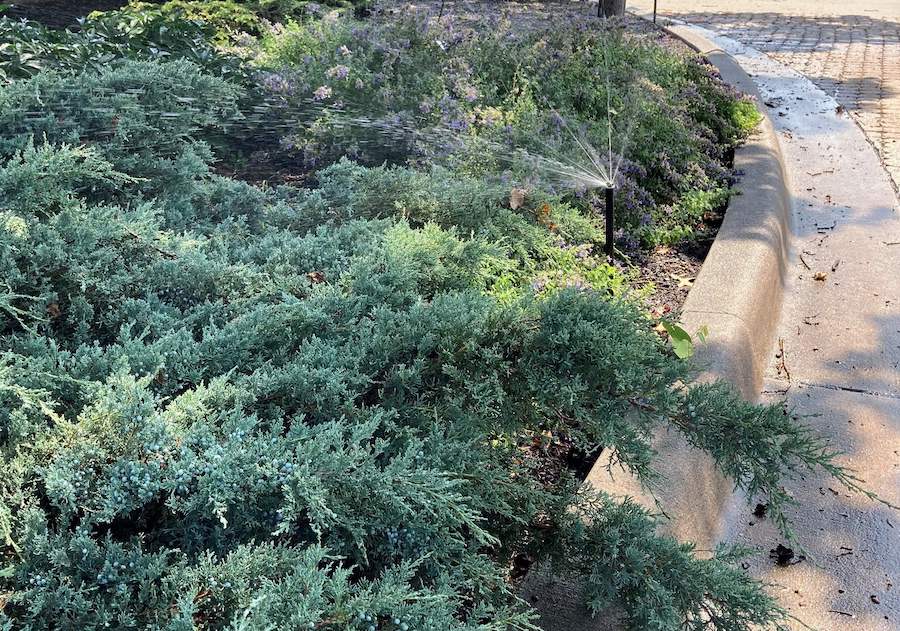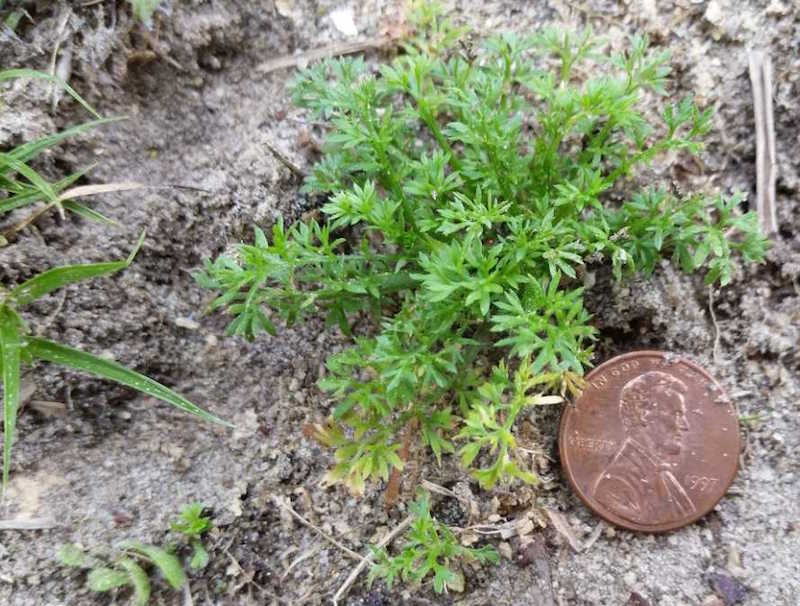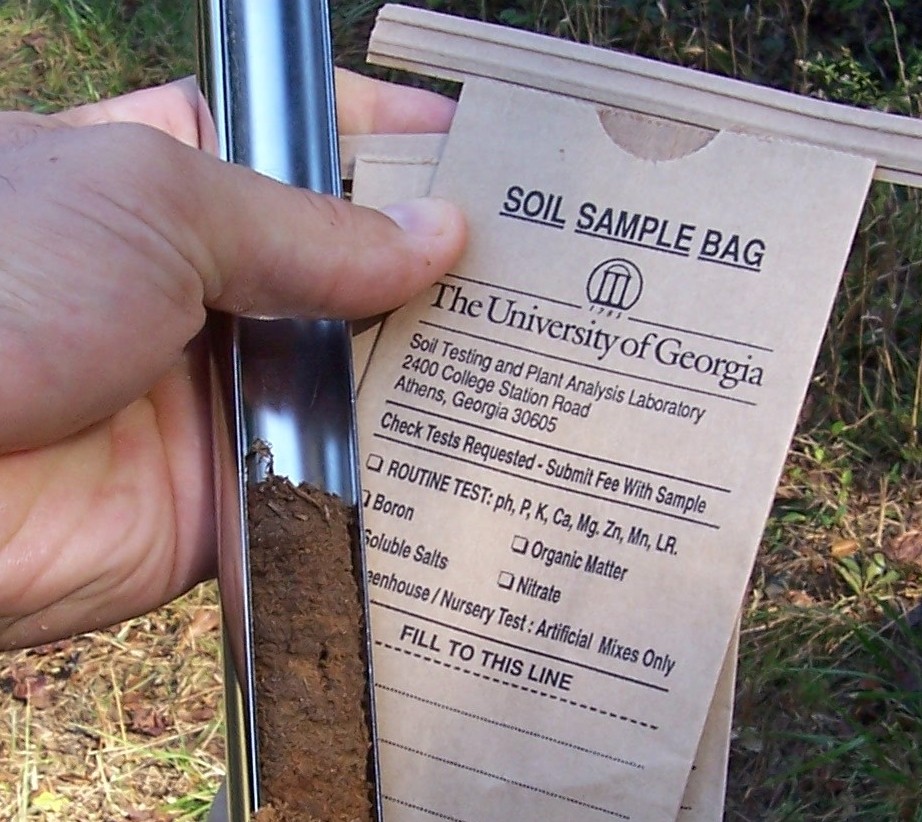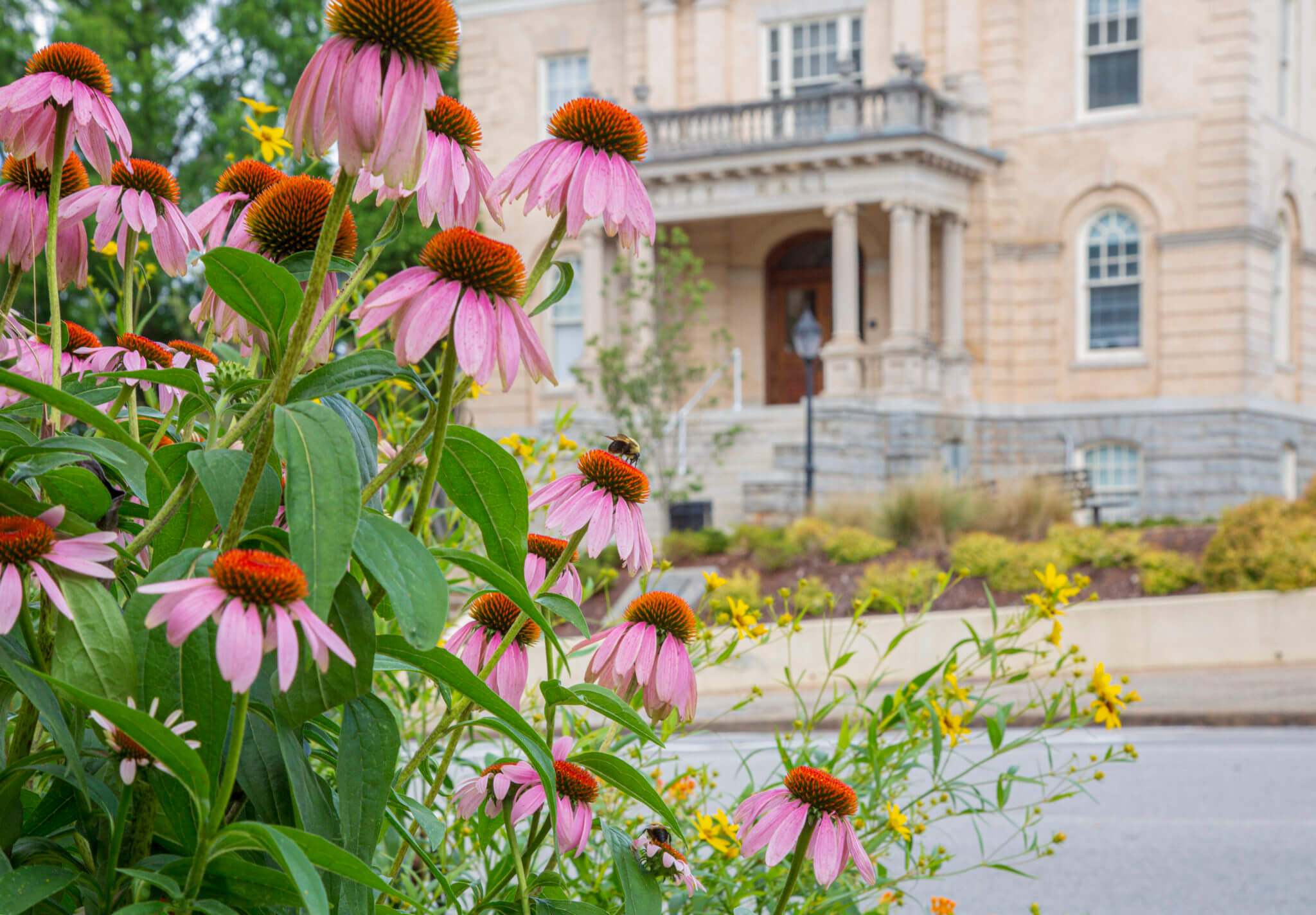The recent abundance of rainfall may have you ready to build an ark. When it comes to the soggy soils and boggy beds in your landscape, a few tips from University of Georgia Cooperative Extension experts will help your plants recuperate.
During rainy periods like we have been having this spring and summer, our lawns seem to need cutting way too often. Be diligent about not letting the grass get too tall.
The rule of thumb is to never cut off more than a third of the leaf blade or it could stress the plant. And If possible, let the grass dry before you mow. However, lately it has been hard to find a time when the lawn is dry.
Don't let grass grow too high
The advantages of cutting a wet lawn outweigh the disadvantages of letting the grass grow too tall. If you must cut wet grass, make frequent stops, allow the blade to stop completely and remove clumps of grass clippings from the mowing deck. It also helps to mow half rows so the cutting blade is halfway over the cut grass and halfway over the uncut grass. This lessens the amount of grass clippings coming out of the side of the mowing deck during each pass.
The lawn isn’t the only issue in wet weather. Vegetable gardens can have issues, too. Hot humid wet weather contributes to an increase of disease in the garden.
There are also some systemic fungicides as well as organic fungicides available to help protect plants. Contact your local UGA Extension office for specific recommendations.
Stay out of wet gardens
Never work in or walk in your garden while the soil is wet. This will cause compaction around the roots of the plants. If you see standing water in the garden, you may need to dig a small, temporary trench to direct the water away from the plant roots.
If you garden in containers, remember to empty saucers frequently. This will prevent the plants roots from standing in water. Standing water is also a prime breeding ground for mosquitos.
Succulents do not like wet conditions. They are native to dry, arid desert like areas, not the southern rain forest like conditions that we have been experiencing lately. Keep them out of the rain until the weather pattern shifts.
Inconvenient but beneficial
Keep things in perspective. The recent rains have replenished our water table, we haven’t needed to spend as much money on irrigation, and landscapes are green and lush.
Nonetheless, keep our farmers in your thoughts. These relentless rains affect their livelihood. Ruined wheat crops lay melting in the fields and many other crops never got planted because the fields are too wet. Hayfields are producing pleny of forage, but it can’t be cut if there is no sunshine to dry it first.
So, in comparison, should we really be complaining about our landscape plants?




.png)


